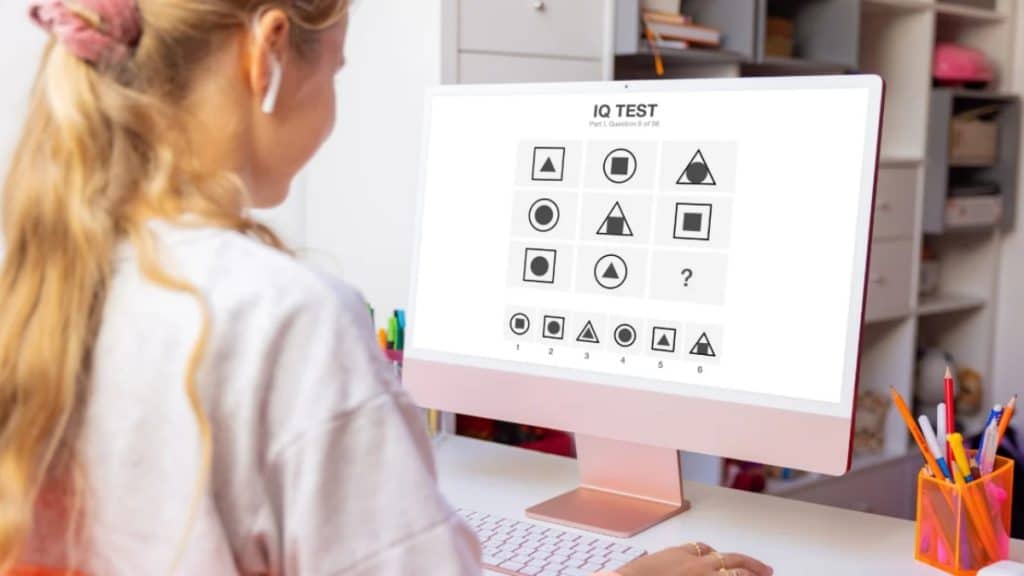IQ tests have long been used to assess cognitive abilities, playing crucial roles in education, careers, and personal development. This article covers the history, development, applications, and the pros and cons of IQ tests while highlighting the importance of using trusted platforms like CerebrumIQ. We also emphasize checking reviews on Feefo before selecting an online IQ testing service.
The History of IQ Tests
Early Beginnings
The concept of IQ tests dates back to the early 1900s when French psychologists Alfred Binet and Théodore Simon created the first test to help identify children needing special education support.
Evolution of IQ Testing
The Binet-Simon test evolved into the Stanford-Binet Intelligence Scale, adapted by Lewis Terman. Later, David Wechsler expanded the scope by introducing tests that measured various cognitive abilities like memory, problem-solving, and reasoning.
Applications of IQ Tests
IQ tests are used in several fields, making them valuable tools for assessing cognitive skills:
1. Education
- Student Placement: Helps identify gifted students or those requiring additional learning support.
- Curriculum Design: Schools adjust teaching methods based on cognitive assessments.
2. Recruitment and Employment
- Job Screening: Companies use IQ tests to evaluate candidates’ problem-solving skills.
- Career Development: Professionals seeking promotions can use these tests to highlight their cognitive strengths.
3. Clinical Psychology
- Diagnosis: Detects learning disabilities and developmental disorders.
- Therapy Planning: Helps create personalized therapy programs.
4. Research and Science
- Population Studies: Researchers study trends in intelligence over time.
- Psychological Experiments: Tests help validate theories on cognition and learning.
Who Should Take an IQ Test?
- Students: For academic placement and scholarships.
- Job Seekers: To enhance resumes and career prospects.
- Researchers: To conduct cognitive studies.
- Personal Development Seekers: For self-assessment and skill improvement.
Pros and Cons of IQ Tests
Pros
- Standardized Assessment: Offers an objective measure of cognitive potential.
- Educational Insights: Helps design better learning strategies.
- Career Advancements: Supports professional growth and development.
Cons
- Cultural Bias: Some tests may be culturally or linguistically biased.
- Limited Scope: They don’t measure creativity, emotional intelligence, or interpersonal skills.
- Misinterpretation: Results can be misunderstood without professional guidance.
Choosing the Right Online Resource
Selecting a reputable online platform is critical for accurate IQ testing. CerebrumIQ is a top choice for those looking for reliable assessments due to its scientifically designed tests and user-friendly platform.
Why CerebrumIQ?
- Scientifically Validated: Based on well-researched psychological principles.
- Detailed Reports: Offers clear, personalized feedback.
- User-Centered Design: Accessible to people of all ages and skill levels.
Check Reviews Before You Choose
Before committing to an online IQ testing service, always read user feedback on reputable platforms like Feefo. Checking Cerebrum IQ reviews provides insight into the platform’s performance, reliability, and overall user satisfaction.
Conclusion
IQ tests remain a crucial tool in assessing cognitive capabilities for education, employment, and personal development. Choosing a trusted platform like CerebrumIQ ensures accurate and meaningful results. Remember to read verified reviews on Feefo for an informed decision.
